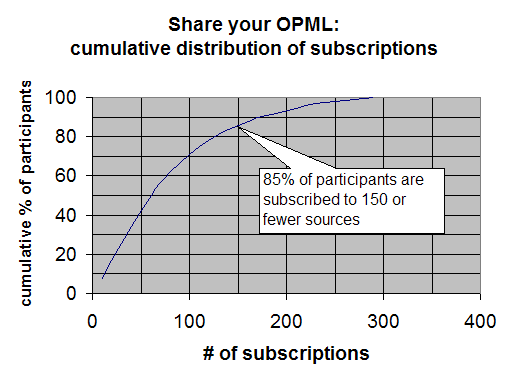Good Experience: Five Ideas for 2004. I have five ideas for you to consider this year. They’re not exactly predictions – you can get those almost anywhere, this time of year – but rather thought-starters for you to consider as the new year begins. [Tomalak’s Realm]
This got picked up recently with most bloggers picking up on
IDEA 4. Blogs are just content management systems,
but I am more intrigued by
IDEA 5: Managing one’s bits is an increasingly essential skill.
Last fall I began coaching a friend of mine on his bit literacy – the ability to manage one’s bits: e-mail, pictures, files, contacts, calendar, applications,… everything that laptops and other digital devices might hold.
I’ve learned that bit literacy is a skill that most people don’t have, and almost no one else is talking about. Yet it’s an increasingly essential skill. We deal with more and more incoming bits every day – and not just spam mail. Bit literacy is the ability to manage it all and still be effective
I think Mark Hurst is on to something important here, although I don’t think it is about the bits. It’s about the related notion that the products of knowledge work all pass through a bit stage somewhere in their creation and use. On the plus side, with a common representation, new forms of analysis and management become possible. On the negative side, the uniformity and invisibility of bits makes it harder to take advantage of our other skills for managing knowledge work products (think of the value of piles of paper). What we need to do, and what Mark looks to be thinking about, is what kinds of new skills will we need to develop to take advantage of the opportunity and compensate for the limits of a world of knowledge work that is fundamentally digital. I’ll be watching for certain and contributing where I can.

